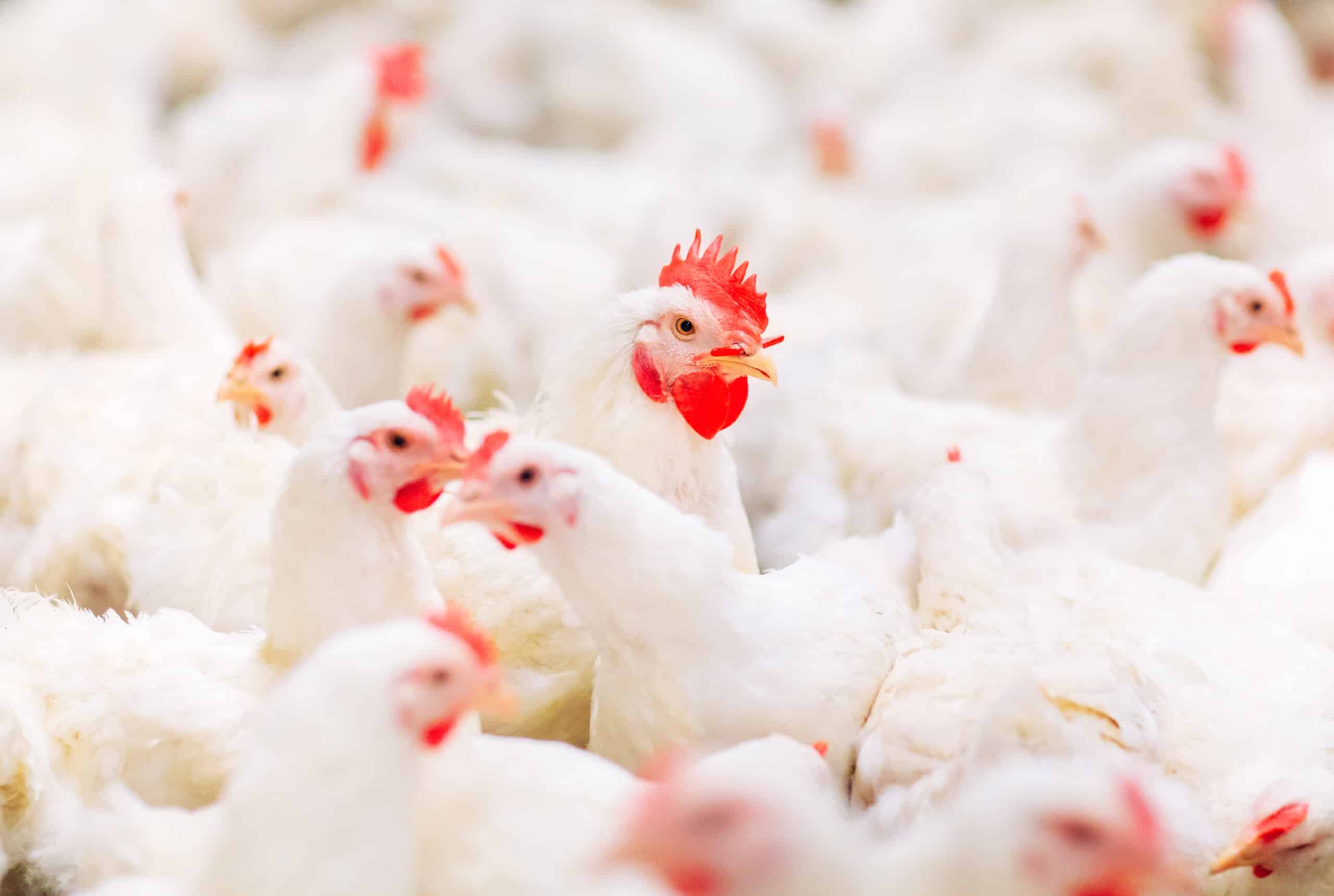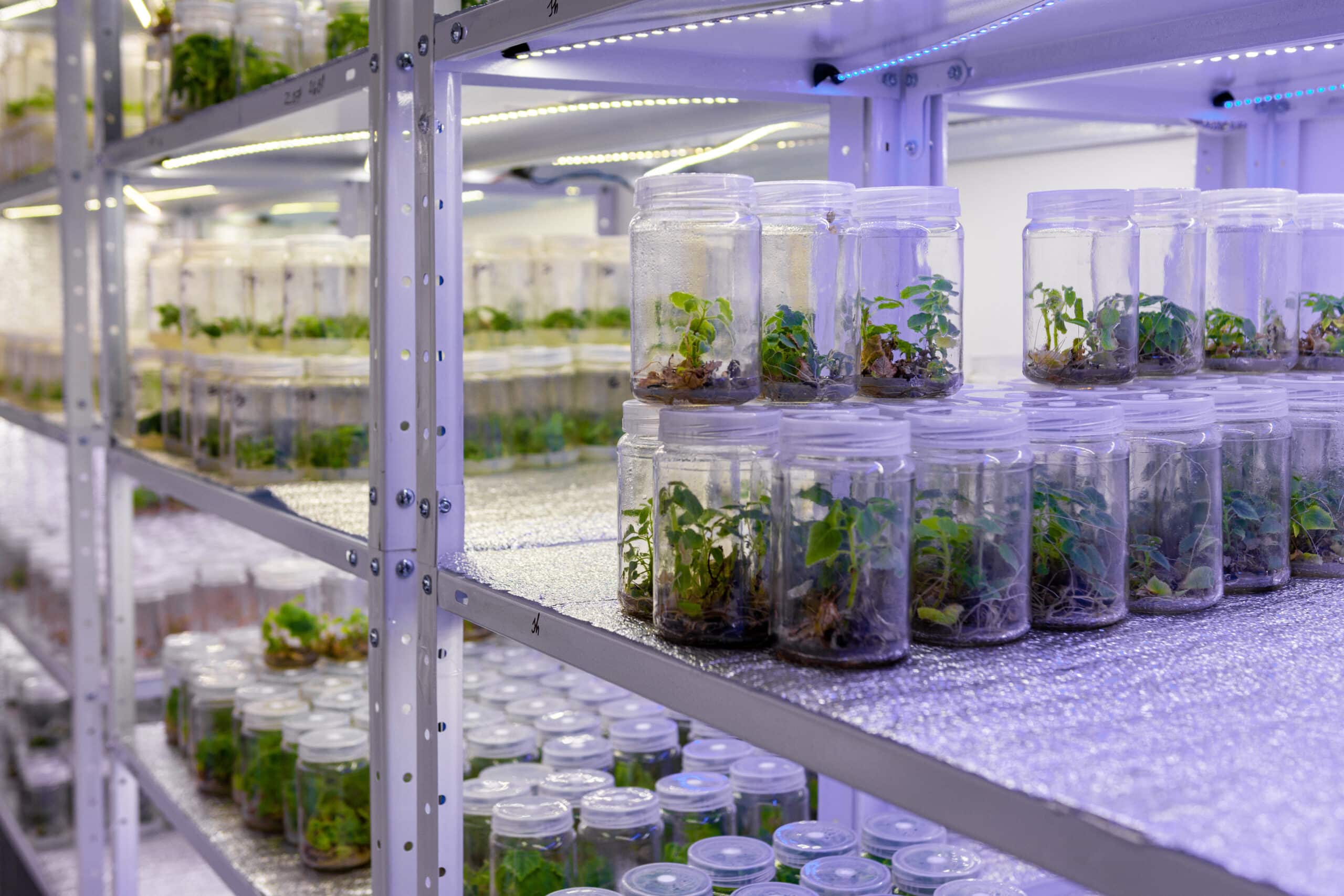Interest in gene editing has skyrocketed amongst agricultural experts, with new breakthroughs providing a host of exciting agtech solutions in recent years.
Advancements such as CRISPR have been successful in advancing cancer research and developing new disease treatments, but its potential to provide more efficient global crop production make it an attractive prospect for agribusinesses.
In April, the UK Parliament passed the 2023 Genetic Technology (Precision Breeding) Act, allowing for genome editing on both crops and livestock for the first time. While these technologies are not yet appliable in the EU, it is clear that they are set to become more prevalent in the near future.
What is gene editing?
Gene editing is the process of making precise changes to the DNA sequence of an organism. It allows for specific sections of DNA to be added, removed, or altered. Gene editing differs from genetic modification (GM), which involves introducing novel configurations of genetic materials typically derived from other organisms. Gene editing is more precise and versatile than genetic modification, making it a promising new technology for agtech companies.
What agtech solutions could gene editing provide?
Experts say that genetically engineered crops offer improved yield, faster natural breeding cycles, better nutritional content, and stronger pest resistance. In livestock, gene editing can provide improved animal growth, disease resistance, and enhanced meat quality.
Gene editing can also contribute to environmental conservation. Endangered species may be edited to improve their survivability, while invasive species can be controlled through genetic engineering and removed from the ecosystems they are endangering.
These examples reveal what makes gene editing so appealing to agtech companies. Crop and livestock production can become both more efficient and more sustainable. Ultimately, gene editing can enable agtech solutions capable of overcoming many of the environmental and economic challenges facing the planet.
What challenges may agtech companies face?
It is important that agtech companies looking to invest in gene editing understand the challenges that this emergent technology faces.
Health and safety regulations represent the main barrier. Regulations and approvals for gene editing vary across countries. As it stands, the European Court of Justice has ruled that gene editing should be subject to the same stringent regulations that govern GMO’s, though this is not always the case internationally.
The United States and Canada have ruled that gene edited plants that could have been developed through traditional breeding methods are exempt from regulation. The National Farmers’ Union of England and Wales argue that these regulatory inconsistencies will have unforeseen trade implications, especially if UK producers start growing gene-edited crops and the EU does not.
Additionally, consumer attitudes toward genetic engineering remain mixed. Public fears of unsafe and unethical use of gene editing are common. Research into public perceptions toward genetically engineered food remains sparse. While the use of precision breeding may have passed in the UK, many groups have raised concerns about the safety and reliability to the new technology, adding to public uncertainty.
The first use of gene editing in humans in China led to the imprisonment of those involved and additional high-profile controversies – even those within other industries – could further damage consumer attitudes toward gene editing in agriculture.
The need for agtech consulting
With new agtech solutions coming onstream every day, Agtech consultants are playing an increasingly important role in helping businesses navigate the agricultural technology landscape. Whether its helping businesses develop and implement strategies that take advantage of the latest agtech solution, or advising businesses who are looking to invest. Agtech consultants can provide in-depth industry analysis and research, ensuring businesses are aware of the latest trends, technologies, and competitive dynamics in the agtech sector.
Agtech consulting is an essential service at Farrelly Mitchell. With decades of experience in the industry, our consulting experts can provide vital guidance on the implementation and feasibility of new technologies. We also provide guidance on the latest in policies and regulations affecting your business.














